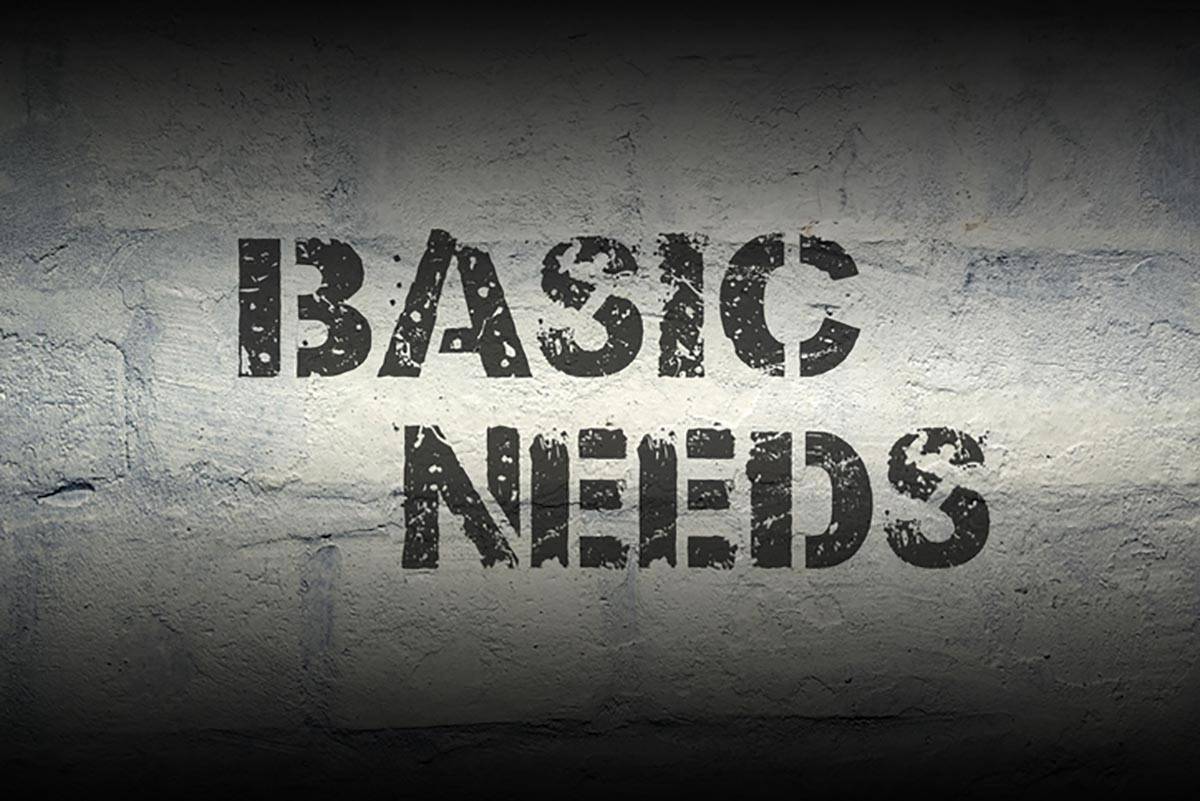Lost income? How to get essential coronavirus needs, assistance
We talk about the importance of having a well-stocked emergency fund and wiggle room in your budget.
That’s the ideal, but living paycheck to paycheck without a savings cushion is a reality for millions.
Losing income due to layoffs, reduced business or needing to take unpaid days off in the wake of the coronavirus pandemic leaves many unable to meet basic needs like paying rent and putting food on the table.
Although there isn’t a lot of centralized assistance available nationwide as of yet, various charities and private companies are stepping up to provide help to those in need.
Right now, a lot of aid is being provided locally or on a case-by-case basis. We encourage you to follow your local news outlets for information relevant to your city. But here are a few avenues you can turn to for help.
1. The United Way and 211
The United Way’s 211 network is a helpful resource that connects people with health and human services in their area, like finding housing assistance or food banks. You just dial 211 on your phone or visit 211.org.
The United Way has developed additional support via its COVID-19 Community Response and Recovery Fund, which will distribute money to communities in need and strengthen the 211 infrastructure.
Chris Preston, vice president of corporate relations at United Way Worldwide, advises people to reach out for help now if they foresee needing assistance. Don’t wait until a bill that you can’t pay is due.
Preston said the United Way is actively encouraging its national partners to work with their customers. Of those that have already committed to help, he said Comcast and AT&T are providing heavily discounted internet services, and Truist Financial, a merger of SunTrust and BB&T, is adjusting customers’ payment schedules and offering more cash back for some credit card holders.
Click here to find your local United Way.
2. Salvation Army
The Salvation Army provides aid to vulnerable populations with services like operating homeless shelters and soup kitchens. A statement from the nonprofit explains it has ramped up support efforts during the coronavirus pandemic as more need is anticipated.
Individual Salvation Army locations are making necessary adjustments, like shifting services online, providing to-go or delivered meals and designing quarantine plans for shelters.
Use this search function to find your nearest Salvation Army location.
3. Modest Needs
Modest Needs is a nonprofit that provides grants for low-income people in crisis to cover essential expenses like rent, utility bills and medical expenses. The organization is processing hundreds of applications for financial support in the wake of the coronavirus pandemic and has also created a fund specifically to help hourly workers who are losing income.
4. School systems
Although school districts are shutting down across the country, some are continuing to provide meals to those qualifying for free and reduced meals. Contact your local school district to see if it’s providing meals and find out where they’re distributing them.
5. Food pantries
A volunteers helps out a food pantry.
Feeding America and its network of food banks nationwide have responded to the coronavirus pandemic with efforts like increased food distributions, additional mobile pantry stops and drive-through pickups, according to its corporate blog.
However, many food pantries across the country are experiencing a shortage of both food donations and volunteers.
6. Utility companies
In response to the coronavirus crisis, various utility companies have announced they won’t shut off service if households are struggling to pay their bills.
If you believe you won’t be able to pay your next water, electricity or gas bill, contact your provider to explain your hardship. Get any agreement for financial assistance in writing rather than accepting a blanket statement that utilities will remain on regardless of payment.
Pro tip: These tips for saving money on utilities can help you lower your bills.
7. Family, friends, neighbors and social networks
Everyone may be practicing social distancing right now, but people are still extending their proverbial hands.
The New York Times recently reported about how people are finding assistance on platforms like Twitter and GoFundMe. A CNN article mentioned how the platform Nextdoor has seen a significant uptick in user engagement over the past two weeks.
Sharing your struggles won’t guarantee that someone will be able to help, but you stand a better chance than if you keep yourself in a silo.
Nicole Dow is a senior writer at The Penny Hoarder.
This was originally published on The Penny Hoarder, a personal finance website that empowers millions of readers nationwide to make smart decisions with their money through actionable and inspirational advice, and resources about how to make, save and manage money.
















































